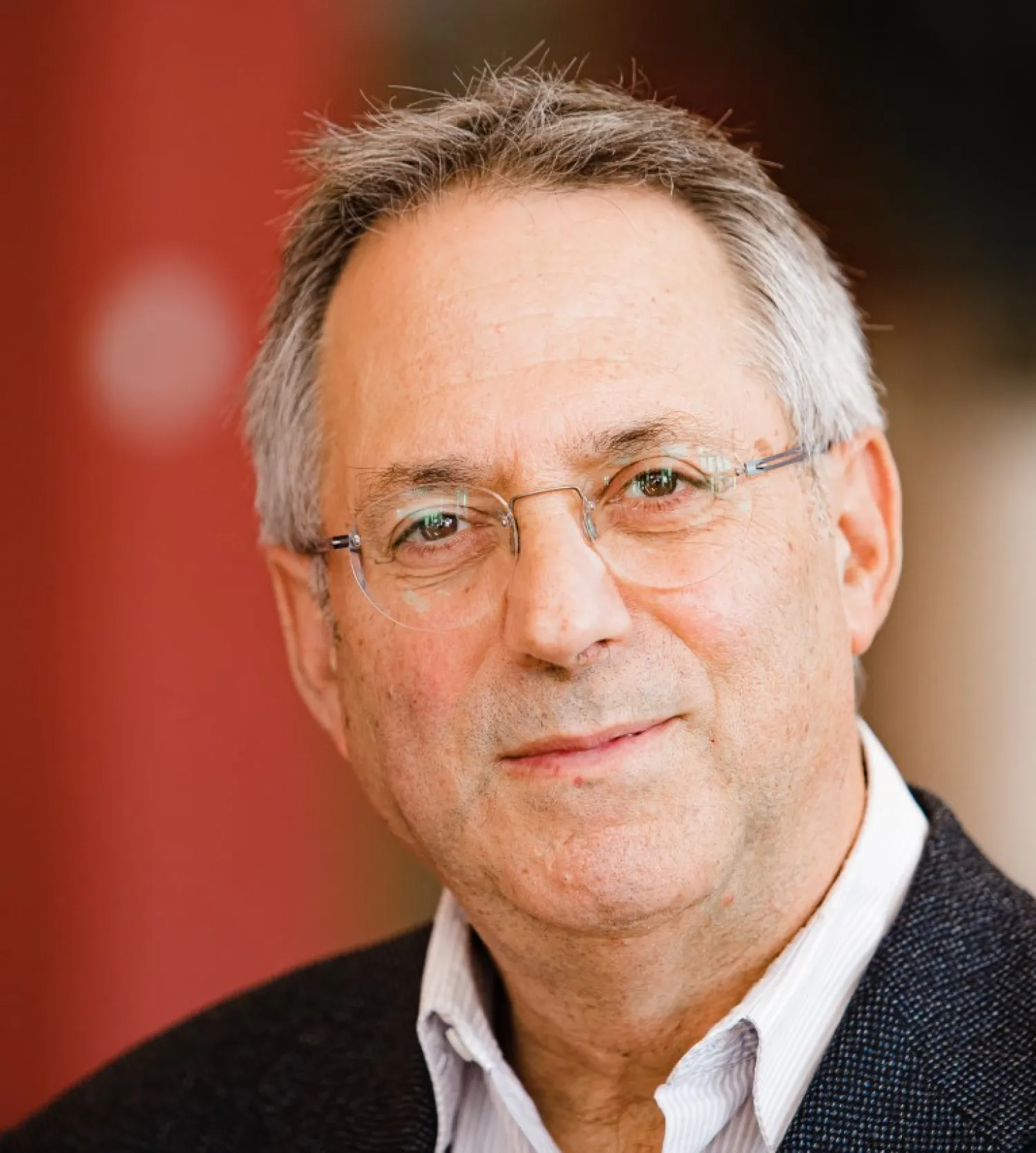Can you tell us a little about your role within DPIR?
I am Professor of International Relations and a Fellow of Linacre College. I also serve currently as Director of Graduate Studies for International Relations. I was appointed to my role in 2003. I had a previous appointment in Oxford as a Junior Research Fellow in Politics at Jesus College from 1998-2001.
What inspired you to become part of DPIR and take on the breadth of teaching role?
What inspired me to join DPIR is its long tradition of excellence in teaching and research in International Relations. Coming from the United States, where disciplines are often more siloed, I was attracted to DPIR for its intellectual pluralism. The exceptional quality of the students in DPIR is also a factor but one which I could only really appreciate after I had begun to teach here.
How has being a part of DPIR enriched your research interests?
My colleagues and students, in DPIR but also elsewhere in Oxford, have played an important role in my intellectual development as a source of ideas and valuable critical perspectives. Moreover, DPIR (and Oxford more broadly) attracts a very wide range of visiting scholars and practitioners every year whose knowledge and experience have also enriched my research. One of the things I have enjoyed most about my work here has been the opportunities for public engagement arising from my research activities.
Can you tell us a little more about your current research?
I am currently leading an ESRC-funded research project analysing the experiences of host states in the aftermath of UN peacekeeping operations—specifically, examining the security, economic, and governance conditions that obtain in these states following the withdrawal of UN peacekeeping operations and seeking to account for the variation that we observe within and among these states (https://afterexit.web.ox.ac.uk). The research is being followed with some interest by the UN Department of Peace Operations and other UN bodies, as well as by donor states and troop-contributing countries that participate in UN peacekeeping.
In June 2023, a new policy report ‘What is the State of the State when UN Peacekeeping Operations Leave?’ was launched at a special roundtable with international policymakers and Oxford academics – co-authored by DPIR alumni – can you describe the research behind this body of work and its subsequent impact on decision-making?
The report is one output of the above-mentioned project assessing the consequences of UN peacekeeping withdrawal. It is based, in part, on a statistical analysis of the conditions that have prevailed in all conflict-affected states that have hosted large-scale UN peacekeeping operations since the end of the Cold War until about 10 years ago. We see that peacekeeping withdrawal exhibits both positive and negative correlations with various peace- and state-building indicators in these states. We have developed an explanatory framework that we think captures the dynamics that we observe, and which has implications for how the United Nations might manage the transition leading to peacekeeping withdrawal more effectively.
Can you tell us a little more about your book – Measuring Peace – and its relevance to applying peacekeeping recommendations in conflict situations around the world today? Why do you believe this is so important and pertinent today?
Every year, billions of dollars are spent, and tens of thousands of personnel are deployed around the world, in support of efforts to build peace in conflict-affected states. Yet despite these efforts, conflict recurrence remains a chronic problem. By one estimate, on average 40 percent of countries emerging from civil war are likely to revert to violent conflict within a decade of the cessation of hostilities. Can we know with any certainty if the peace that has been established following a civil war is a stable peace? That is the question at the heart of my book, Measuring Peace: Principles, Practices, and Politics. I argue that while we can never know for certain whether a peace is a stable peace, it is possible to ascertain the quality of a peace, and the vulnerability of that peace to conflict relapse, with greater degrees of confidence. Bringing the quality of peace into sharper focus can help to improve the efforts of peacebuilding actors.
Finally, do you have message to prospective researchers and students considering DPIR for their future research or studies? What makes DPIR’s teaching and research body unique; and, what effect does that have on subsequent learning experiences?
DPIR has the advantage of being a relatively large and well-resourced department. While we do not have expertise in all aspects of International Relations, many different subject areas and approaches are represented in DPIR. From a teaching standpoint, we offer the only two-year master’s degree in International Relations in the country, which is excellent preparation for either further academic study or a non-academic career in international affairs.



